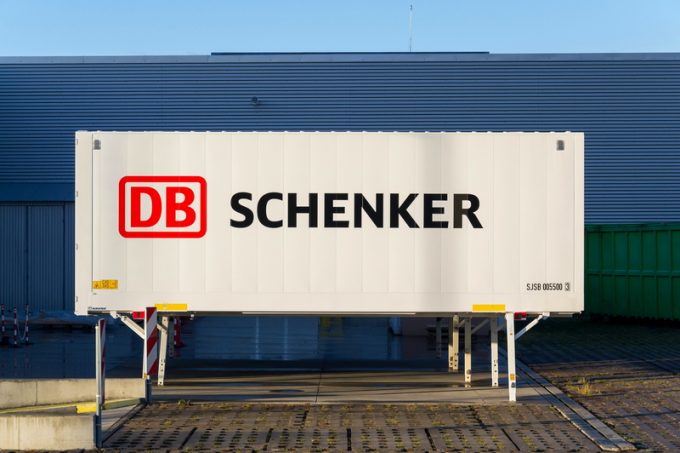Forward Air – another sales pitch
Building on shaky foundations

News that private equity companies – and others – are readying for a possible sale of DB Schenker by parent Deutsche Bahn has sent the market into a spin.
Reports suggest it has a value of some €15bn to €20bn ($17bn-$23bn), although others think it could ...

Comment on this article